
Hypertensive heart disease is only one complication of hypertension. Increased blood pressure, especially if it is uncontrolled, carries many risks. It can cause damage of many organs and organ systems. The heart is only one of them. In case of elevated blood pressure the heart's overload increases. If it lasts long enough it leads to left heart hypertrophy. The disease is very serious and can easily cause congestive heart failure.
What are the Symptoms of Hypertensive Heart Disease?
Congestive heart disease may cause congestive heart failure and ischemic heart disease. This is why the symptoms of these conditions are actually the symptoms of hypertensive heart disease. They include cough (with frothy or bloody mucus), fatigue, a need for one to sleep with elevated head (because of shortness of breath), rapid/ irregular pulse, palpitations, shortness of breath (particularly induced with activity) and swelling of feet and ankles. Apart from the previously mentioned further symptoms and signs are also associated with hypertensive heart disease: chest pain (accompanied by dizziness, nausea, shortness of breath and sweating) and a pressure type of chest pain (that predominantly occurs during any kind of physical activity).
Diagnosing Hypertensive Heart Disease
Physical examination of the patients may reveal elevated blood pressure, enlargement of the heart and the presence of fluid in the lungs. In case the disease has progressed enough it leads to a heart failure that typically features with pulmonary congestion.
An EKG is generally abnormal and points to the enlargement of the heart, irregular rhythm or ischemia.
Heart enlargement can be easily visualized with the assistance of a chest X-ray, a chest CT scan (rarely performed in case of hypertensive heart disease), a coronary angiogram and an echocardiogram.
Treatment for Hypertensive Heart Disease
The goal of the treatment for hypertensive heart disease is a reduction of elevated blood pressure and proper control of heart disease. The actual treatment depends on the damage to the heart. Angina, myocardial infarction, heart failure etc are all different conditions that develop as a consequence of hypertensive heart disease and are treated differently.
The most common medications prescribed to patients suffering from hypertensive heart disease include angiotensin-converting enzyme (ACE) inhibitors, angiotensin II receptor agonists, beta blockers, calcium channel blockers, direct vasodilators and diuretics.
In order to prevent possible complication one must keep blood pressure under control. Apart from medications patients are due to make dietary adjustments (avoid fats and saturated fats and increase intake of fruit, vegetables and low dairy products), reduce intake of salt, engage in regular physical activity, reduce if not eliminate intake of alcohol, stop smoking and lose weight.



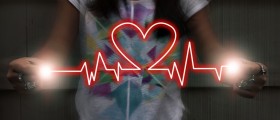


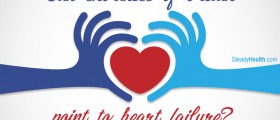
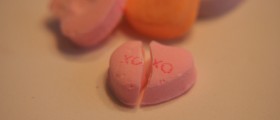

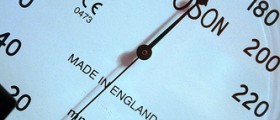

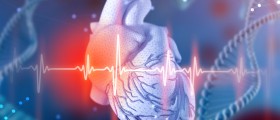
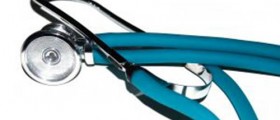




Your thoughts on this
Loading...